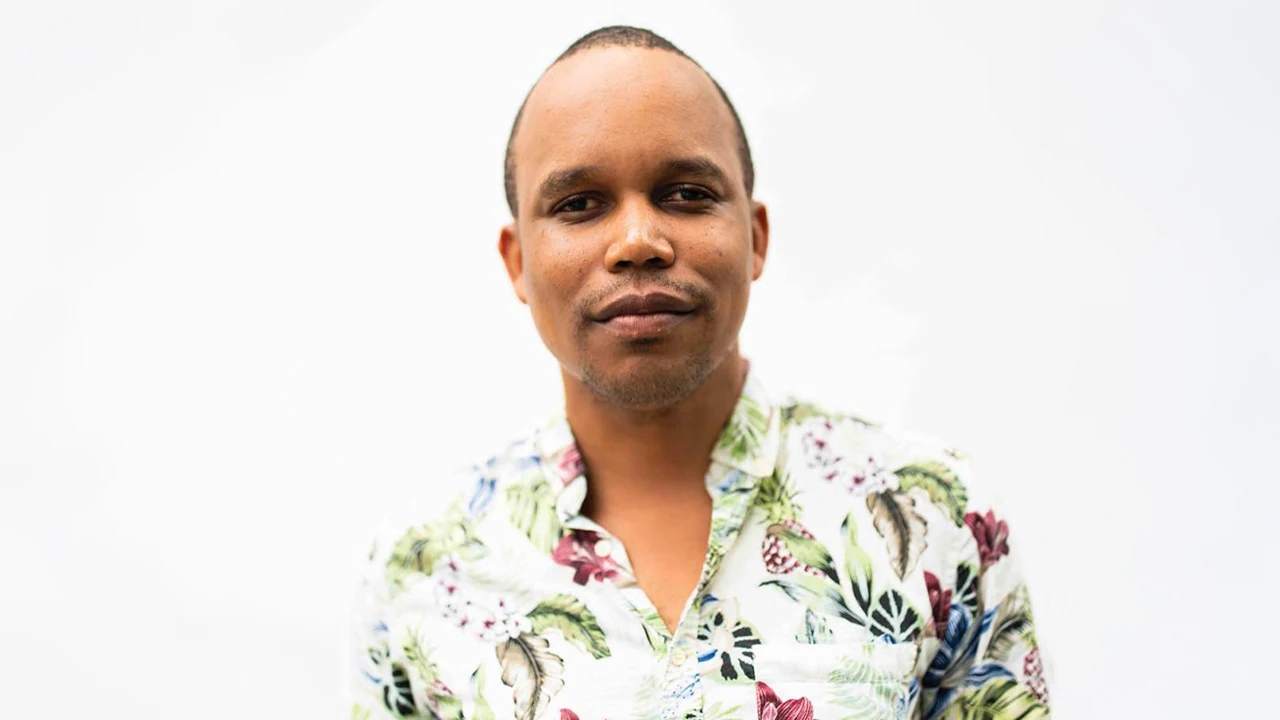The Stories That Won’t Let Go: How Kareem Mortimer’s Best Yet Entertainment Is Shaping a New Global Indie Era

Written by Matt Emma
Kareem Mortimer is reshaping how stories get told – and who gets to tell them.
The Bahamian-born, Beverly Hills-based filmmaker and producer isn’t new to breaking rules. But these days, it’s not just about what’s on screen. It’s about ownership, infrastructure, and building an ecosystem for marginalized voices, without asking permission. Through his company, Best Yet Entertainment, with offices located in Century City, Mortimer is doing exactly that.
“There have been moments when I was encouraged to tone it down, to make things more ‘palatable’ or universal,” Mortimer says. “But to me, authenticity and honesty are the building block that makes stories resonate.”
That ethos has threaded through every chapter of the company’s growth, from early breakout Children of God, which tackled LGBTQ life in the Caribbean at significant personal cost, to more recent projects like Rachel in LA, a comedy-drama shot in Mortimer’s adopted city. The latest slate spans horror (House on Fire), metaphysical thriller (Lost in Time), and even an Olympics-themed comedy (False Start), but what binds them isn’t genre – it’s intent.
“We care about what’s urgent because those stories have soul,” he says. “But we’re not chasing headlines. We’re asking, will this matter in ten years?”
If the mainstream film industry still feels rigid and reactive, Best Yet Entertainment is fluid, responsive, and quietly radical. When the pandemic upended traditional production schedules, Mortimer went the other way. “During the pandemic, when everything felt uncertain, we doubled down and launched new projects instead of pulling back,” he explains. “One of the boldest choices was greenlighting This Is Paradise without knowing how we’d release it. It paid off.”
Best Yet has become known for moving fast without sacrificing depth. But there’s also a rigor to Mortimer’s creative process – a willingness to step aside when the story calls for someone else to take the lead.
“If a story doesn’t live in my body or beyond the scope of my experience, I’ll step back and ask, ‘Am I the best vessel for this?’” he says. “Sometimes support means championing another creator or helping shape the infrastructure so their voice is heard.”
That mindset helped shape the company’s latest venture: a Caribbean-focused distribution arm aimed at expanding access and visibility in historically underserved markets. “We’re releasing films theatrically and digitally in places like the Bahamas, Haiti, and the Dominican Republic, markets that are too often overlooked,” Mortimer shares. “It’s not just about reach, it’s about access.”

The seeds for this were planted when Mortimer ran an independent cinema in the Caribbean. He remembers the hunger for stories that spoke to local realities, and the frustrating barriers to getting them. “That experience drives what we’re building now,” he says. “We want audiences across the region to see themselves on screen and be part of the global film conversation.”
That global conversation begins in rooms that don’t always feel inclusive, which is why Mortimer’s commitment to mentorship isn’t just symbolic – it’s operational. “We’ve worked with emerging writers, women filmmakers, and Caribbean directors who just needed someone to say, ‘Yes, your voice matters,’” he says. “Watching them grow, getting that first film made or that first deal, that’s really meaningful work.”
Still, there are some stories so personal they refuse to let go. For Mortimer, that’s Lost in Time. “It’s about a father searching for his children across fractured moments in time,” he says. “It explores themes of fate, memory, and the lengths we go to for the people we love. The idea came to me in a dream, and it’s stayed with me ever since.”
Not all projects arrive as dreams. Some, like his documentary I Am Not A Dummy, arrive as heartbreak.
“I’d say I Am Not A Dummy, the documentary about my friend Michael Wells, changed me in ways I didn’t expect,” he says. “Michael wasn’t just a subject. He was my friend. Beautiful, brave, and full of humor... His story cracked something open in me. I didn’t walk away the same. I walked away more human.”
That deep humanity informs Best Yet’s creative vision, and also its appetite for experimentation. Mortimer is already eyeing feature animation as the company’s next leap. “There’s freedom in the form that lets you tell hard truths with beauty and abstraction,” he says. “We’ve also talked about immersive or site-specific storytelling. We’re not there yet but it’s coming.”
It’s that phrase – we’re not there yet but it’s coming – that seems to sum up his entire creative outlook. Persistent. Experimental. Grounded in purpose. Whether developing a genre-bending thriller or forging new pipelines for Caribbean cinema, Kareem Mortimer and Best Yet Entertainment, which Mortimer runs with production partners Trevite Willis and Julia Chatwin, and a small support staff, are quietly building a cinematic future that’s less about fitting in – and more about breaking through.

